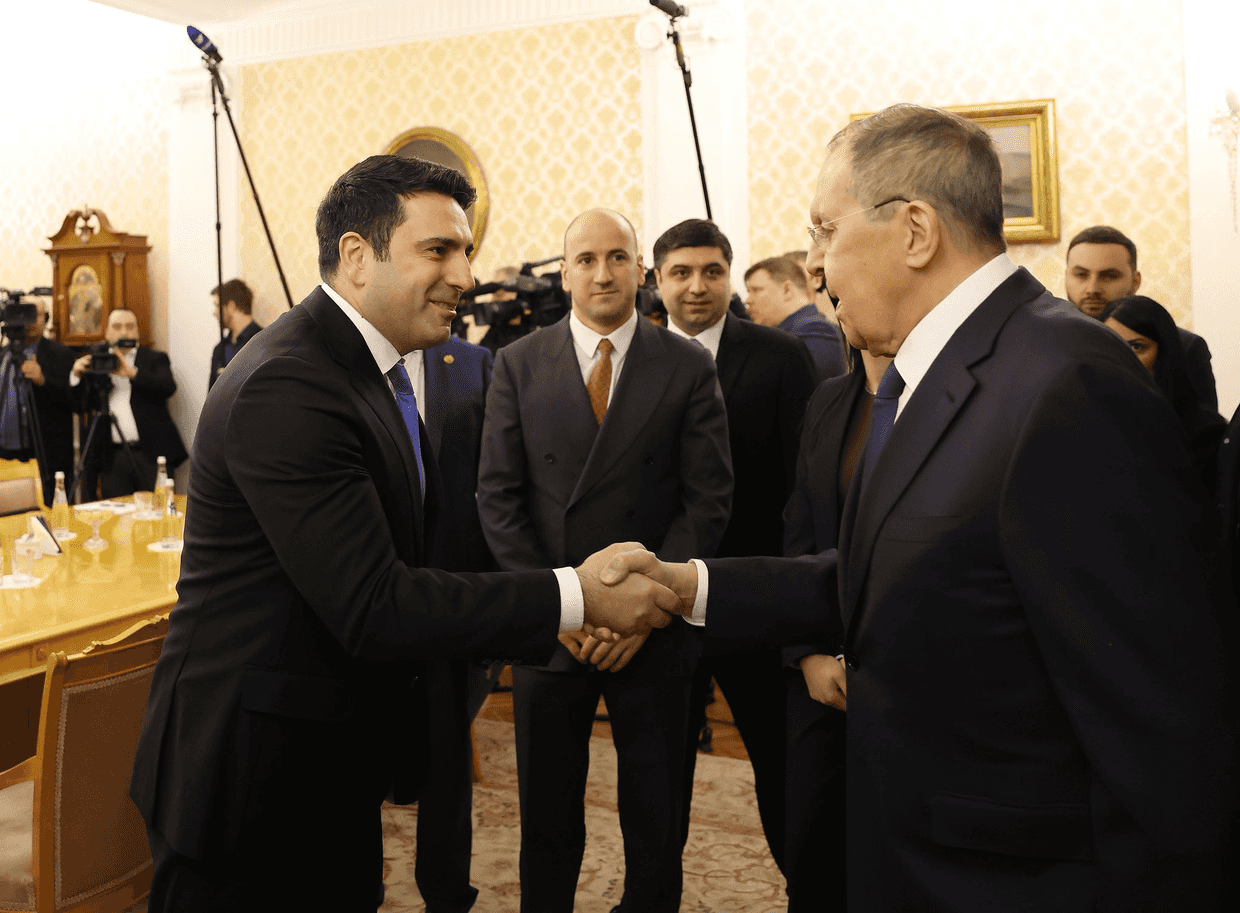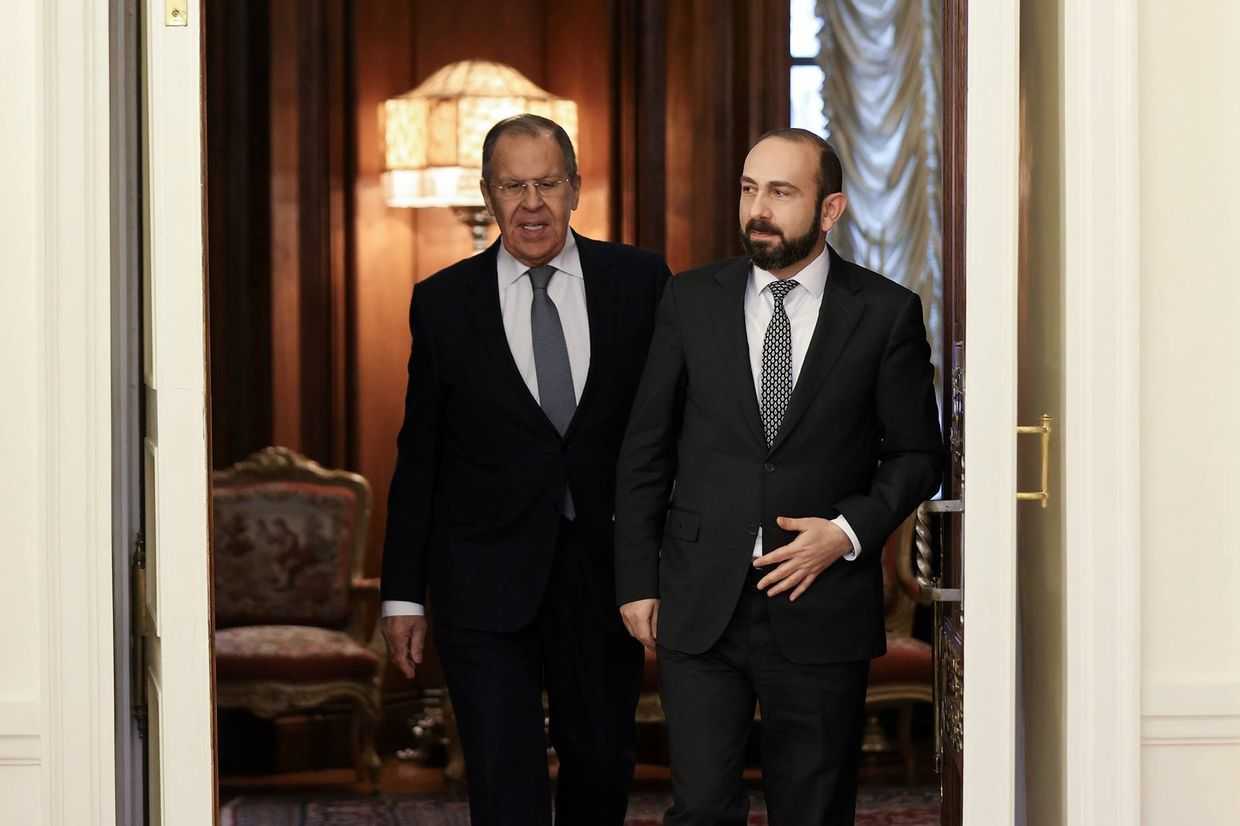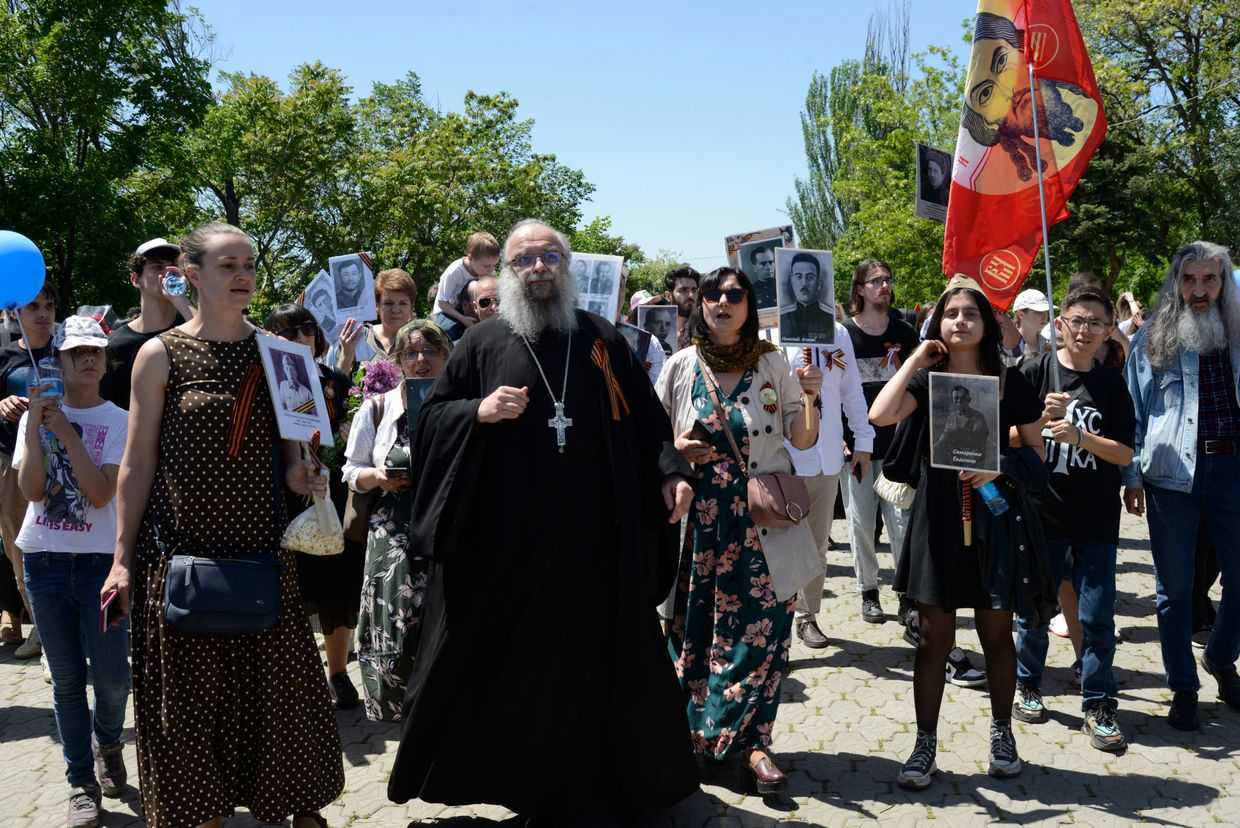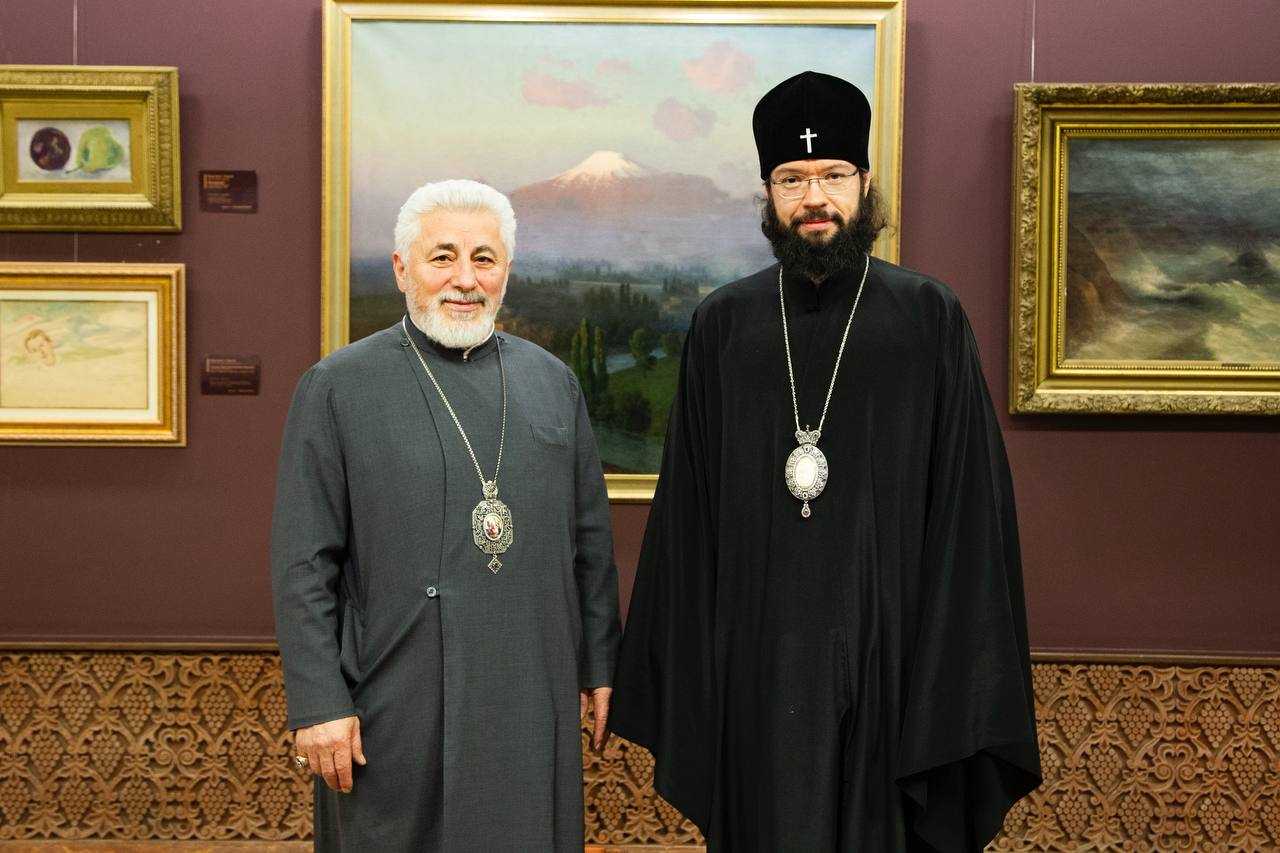Pashinyan blames Soviet KGB for shaping Armenians’ view of Turks and Azerbaijanis
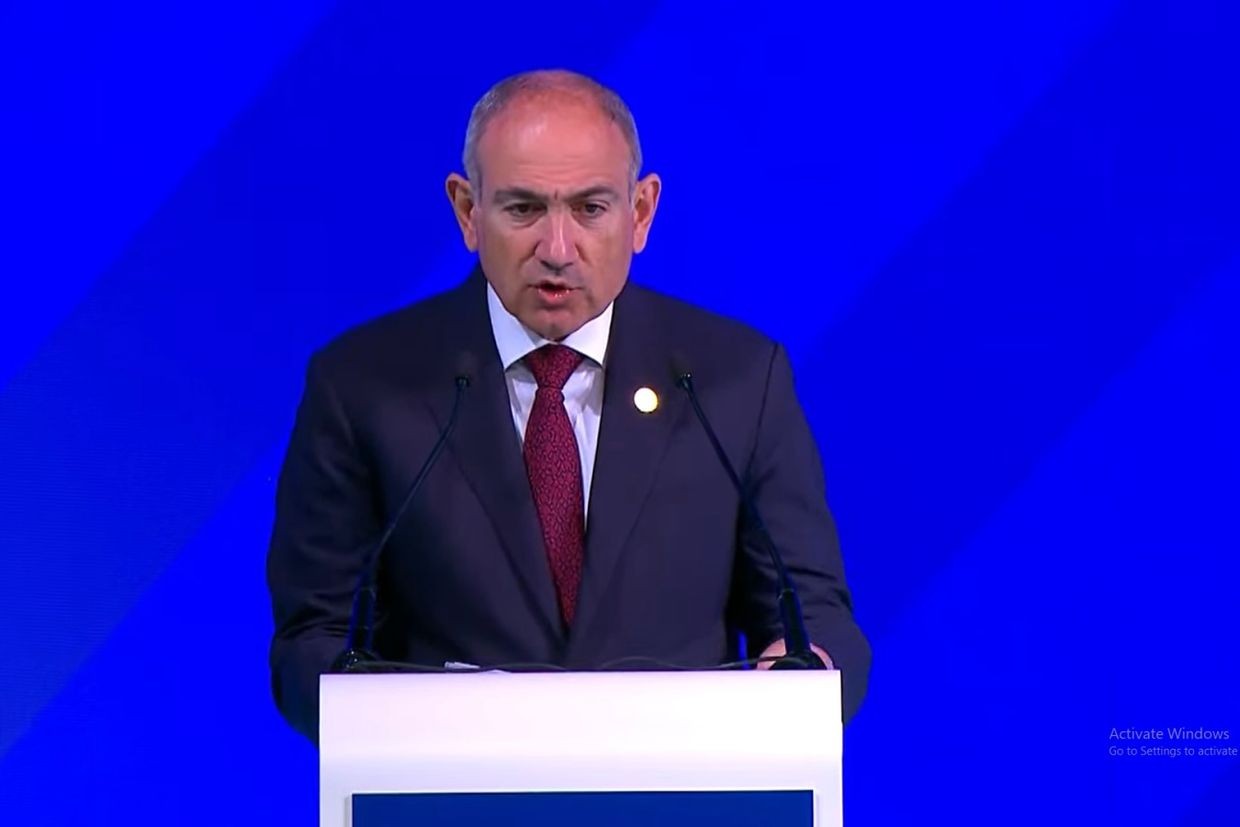
Armenian Prime Minister Nikol Pashinyan has claimed that the deep-rooted hostility between Armenians, Turks, and Azerbaijanis was shaped by Soviet-era propaganda and the influence of the KGB.
Speaking to reporters on 31 October, Pashinyan argued that both Armenians and their neighbours had been trapped for decades in mirrored stereotypes, inherited from Soviet narratives that pitted peoples of the Caucasus against each other.
‘When we say, “A Turk never changes,” they say the same about Armenians. When we say, “How can we trust Azerbaijan?”, they say the same about Armenians’, he said.
‘We must free ourselves from the worldview that was shaped for us by KGB agents’.
Pashinyan’s remarks come amid his broader efforts to normalise Armenia’s relations with Turkey and Azerbaijan following Azerbaijan’s military takeover of Nagorno-Karabakh in 2023. He has argued that reconciliation and open borders are essential to Armenia’s survival as a democratic and sovereign state.
Since Azerbaijan’s final assault on Nagorno-Karabakh in September 2023, which prompted the exodus of more than 100,000 ethnic Armenians from the enclave, Pashinyan has sought to reposition Armenia’s foreign policy away from its traditional reliance on Russia. His government has instead pursued closer ties with the EU, the US, and India, while calling for a ‘peace agenda’ in the South Caucasus.
Pashinyan thinks that there were ‘no major obstacles’ to reopening the Armenian–Turkish border and restoring diplomatic relations, frozen since 1993. Turkish and Armenian envoys held several rounds of talks in 2022–23, but progress has been slow, hindered by the unresolved Armenia–Azerbaijan peace process and Ankara’s insistence on coordination with Baku.
By invoking the KGB, Pashinyan linked the persistence of mutual distrust to Soviet manipulation of ethnic narratives – suggesting that both sides inherited suspicion as a political instrument designed to maintain Moscow’s control over the region.
Russia reacted swiftly. Foreign Ministry spokesperson Maria Zakharova wrote on Telegram that the KGB ‘was established in 1954, almost 40 years after the Armenian Genocide of 1915’, calling the Prime Minister’s remarks ‘historically illiterate’.
Her statement was widely circulated by Russian and Azerbaijani media.
Relations between Yerevan and Moscow have deteriorated sharply over the past two years, as Armenia accuses Russia of failing to defend its borders and of abandoning its obligations under the Collective Security Treaty Organisation (CSTO).

This article was translated into Russian and republished by our partner SOVA.




